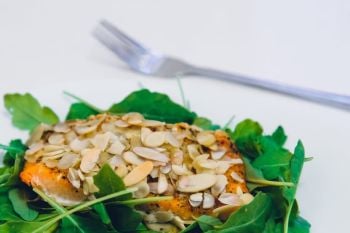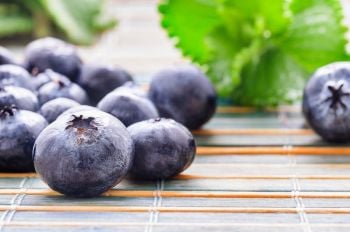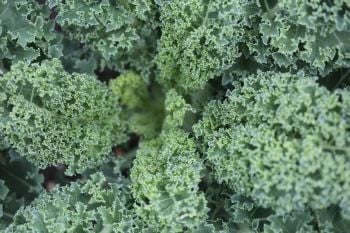Power Foods
These power foods may seem ordinary, but they pack abundant nutritional value. They contain high amounts of vitamins, mineral, antioxidants, proteins and other nutrients. These power foods helps to decrease the risk of illness such as heart disease and diabetes, and they also help to boost the immune system, improve memory and concentration, and slow skin and body ageing. They also increase energy and post training recovery.
Almonds
 Almonds contain as many antioxidants as green tea and broccoli that help fight skin wrinkles, aging, cancer, heart disease and stroke. A cup of almonds contains more potassium than a whole banana and more calcium than milk. They also contain magnesium and phosphorus to build healthy bones. Almonds are good sources of vitamin E, zinc, proteins and fibre for healthy skin and a strong immune system.
Almonds contain as many antioxidants as green tea and broccoli that help fight skin wrinkles, aging, cancer, heart disease and stroke. A cup of almonds contains more potassium than a whole banana and more calcium than milk. They also contain magnesium and phosphorus to build healthy bones. Almonds are good sources of vitamin E, zinc, proteins and fibre for healthy skin and a strong immune system.
Barley
Barley contains significant amounts of the soluble fibre beta-glucan that helps to lower cholesterol and balance blood glucose level. This prevents the risk of heart disease and adult onset diabetes.
Beans
Beans such as kidney beans, chickpeas, lima beans and lentils are low in fat and rich sources of iron, manganese, antioxidants, B-complex vitamins and protein. The high level of fibre in beans also helps to reduce cholesterol levels and the risk of heart disease and diabetes.
Blueberries

According to studies by the College of Agriculture at the University of Illinois, compounds found in blueberries help protect and heal the body against diseases
including obesity, diabetes, heart disease, autoimmune diseases, cancer and cognitive (brain function) decline. Blueberries contain a wide assortment of
antioxidants that protect brain function by enhancing nerve signals and removing inflamed brain neurons.
Cabbage
Cabbage contains large amounts of glutamine, an amino acid that has anti-inflammatory properties and is beneficial to the heart and circulatory system as well as for treating stomach, skin and intestinal ulcers. Red or purple cabbage gets it bright colour from the antioxidant lycopene, which reduces the risk of prostate problems in men and helps to repair aged and sun-damaged skin.
Garlic
Garlic is rich in phytochemicals called allylic sulphides that decrease the risk of certain cancers in the body. It also has natural antibiotic and antioxidant effects in the body; this fights colds and flus. Additionally, garlic has heart-healthy benefits such as decreasing blood pressure and cholesterol levels, and preventing blood clots in the arteries.
Kale
 A leafy green vegetable, kale contain abundant calcium, iron, fibre and the vitamins A, C, E and K. Kale contains five times more beta-carotene than broccoli and also has natural cancer-fighting phytochemicals called indoles and sulphoraphane.
A leafy green vegetable, kale contain abundant calcium, iron, fibre and the vitamins A, C, E and K. Kale contains five times more beta-carotene than broccoli and also has natural cancer-fighting phytochemicals called indoles and sulphoraphane.
Oats
Oats contain abundant vitamins, minerals, fibre and antioxidants. They are rich in silica, a mineral that important for bone, muscle and joint health. Oats also contain complex carbohydrates, fats and iron, and are excellent source of long lasting energy.
Pumpkin
Pumpkins are packed with carotenoids, a potent antioxidant that gives them their bright color and helps to protect the body's cells. Pumpkin is also rich in lutein and zeaxanthin, which are important for eye health and reduce the risk of cataracts and macular degeneration, a serious eye disease that can cause blindness.
Yogurt
Yogurt contains protein, potassium, calcium and vitamins A, B and D. It contains active probiotic bacteria cultures that aid healthy digestion and boost the immune system. Yogurt even helps to facilitate the digestion of lactose, the sugars in milk, because it helps in the production of the enzyme lactase in the body
